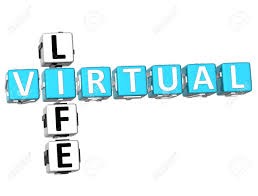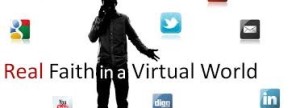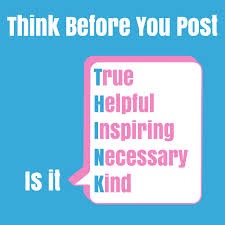Years ago when I served on the UU Ministers Association Board we were asked to address a concern. A new computer, virtual game had appeared called  “Second Life.” I never played it, but the idea was that through your computer you could create a second, virtual life – towns, friends, officials, schools, even churches. We learned that some of our colleagues were creating UU congregations in “Second
“Second Life.” I never played it, but the idea was that through your computer you could create a second, virtual life – towns, friends, officials, schools, even churches. We learned that some of our colleagues were creating UU congregations in “Second  Life.” The UUMA Board was asked to address this concern: Should UU ministers in these “Second Life” UU congregations be held accountable to the UUMA Covenant and Code? That is, do the rules of reality apply in the virtual world? We didn’t discuss the issue/concern for very long; we dismissed it as something without a very long life; no one thought it likely that these could really become issues for most ministers.
Life.” The UUMA Board was asked to address this concern: Should UU ministers in these “Second Life” UU congregations be held accountable to the UUMA Covenant and Code? That is, do the rules of reality apply in the virtual world? We didn’t discuss the issue/concern for very long; we dismissed it as something without a very long life; no one thought it likely that these could really become issues for most ministers.
Fast forward six years: Unitarian Universalist ministers from our metropolitan region meet monthly. At our February gathering we talked about best practices for the use of social media. It was a good conversation that looked at all the many expressions and behaviors in the virtual life and ministry and how quickly it all changes. We were doing this because the UUMA Board is considering “Guidelines” that will shape online/virtual ministry. For me,  someone could have titled the conversation “back to the future.”
someone could have titled the conversation “back to the future.”
One of the exercises we did began with the question: “How many of you have felt misunderstood, attacked and/or hurt in using social media?” Many/most had or at least had watched as a scenario that fit this description unfolded. It’s likely that if you use social media, then you too have had one of these experiences or heard about one. In fact, for example, local and national news reports have been filled with stories about on-line bullying and the damage it does.
One question the ministers were asked I found especially pertinent was this: “If we viewed everything we post [or say] as  a reflection of Unitarian Universalism, as evangelism, how might that change what we share?” The implication here is that everything we say about our congregation or about Unitarian Universalism – virtually or in reality – can become the “truth” that someone else will likely remember or share. Think of it like this: Every time we – laity and ministers – identify ourselves as a UU and then speak about our faith, you have just written a chapter in someone’s understanding of our faith. In other words, what we say leaves a long and lasting imprint. If we speak about us with meaningful, thoughtful language, then that is what someone remembers. If we sound confused, verbose or flippant, then that becomes a memory for another to store away.
a reflection of Unitarian Universalism, as evangelism, how might that change what we share?” The implication here is that everything we say about our congregation or about Unitarian Universalism – virtually or in reality – can become the “truth” that someone else will likely remember or share. Think of it like this: Every time we – laity and ministers – identify ourselves as a UU and then speak about our faith, you have just written a chapter in someone’s understanding of our faith. In other words, what we say leaves a long and lasting imprint. If we speak about us with meaningful, thoughtful language, then that is what someone remembers. If we sound confused, verbose or flippant, then that becomes a memory for another to store away.
Whether it’s in the here and now of reality, the virtual world, or social media, what we say about our community and Unitarian Universalism is important. As they used to say at the very beginning of a favorite TV cop show I watched: “Let’s be careful out there.” What we say, how we say it and to whom it’s said has shaping value and leaves lasting impressions.
Take care and see you soon,
Fred

